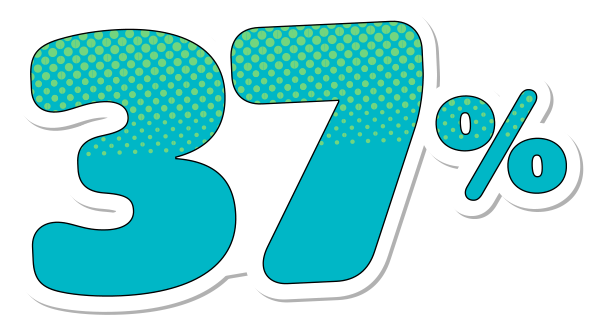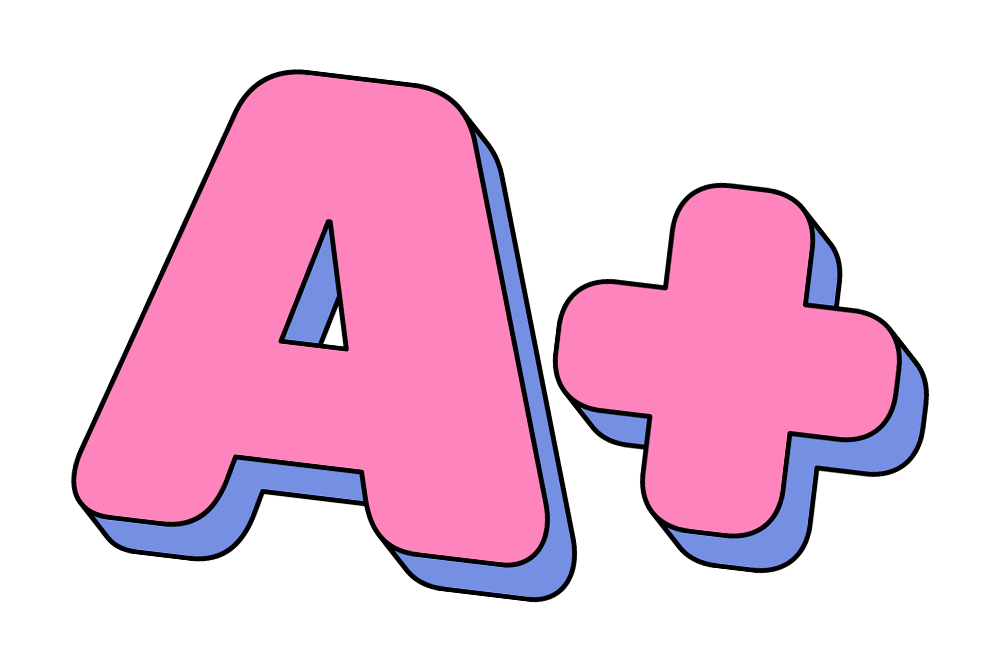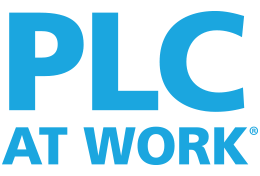Percentage of students needing reading support decreased by 
Demographics
286 STUDENTS / 1.8% ENGLISH LEARNERS / 100% FREE OR REDUCED LUNCH / 15.9% SPECIAL NEEDS
84.3% WHITE / 6.6% MULTIRACIAL / 5.9% HISPANIC / 1.8% AMERICAN INDIAN OR ALASKA NATIVE / .7% ASIAN / .7% BLACK
Booneville Junior High School's Challenge
Booneville Junior High School was identified as a school in need of comprehensive support due to low reading scores. Staff struggled with limited collaboration time and a singleton teaching environment, which made coordinated instructional planning difficult.
“We had good intentions, but we didn’t really have anything to back those intentions up,” said Principal Josh Walker.
Without a unified system, efforts felt scattered. Teachers wanted to collaborate but didn’t have the time or structures in place to do so effectively. Leadership and staff shared a desire for improvement but needed direction, support, and an actionable plan to move forward.
Implementation
Booneville connected with an associate from Solution Tree after a presentation on professional learning communities (PLC) sparked interest among staff. This led to monthly coaching visits and the formation of a guiding coalition. Though initially overwhelmed, the coalition quickly earned the trust of school personnel, easing the burden on the principal and fostering staff buy-in.
“I lean on my guiding coalition now because I know that I can,” Principal Walker stated.
To facilitate collaboration, Booneville made the bold move to extend the school day by 25 minutes. This allowed time for two days of teacher collaboration and two days of student support through office hours. They also introduced a “zero period” (i.e., an optional period that takes place before the official start of the school day) for enrichment or gym time.
Booneville also began implementing the PLC at Work® process, which helped them break down essential standards and align instruction. A team data system and scoreboard tracked student proficiency and offered transparency and motivation for both staff and students. Students were actively engaged in selecting their top three enrichment sessions, with response to intervention (RTI) sessions prioritized based on data.
It was clear to Principal Walker that “When you give kids support and show them you care, they’re more likely to come to school.” With that in mind, Booneville also established a schoolwide positive behavior interventions and supports (PBIS) system to help reinforce consistency in expectations and build a healthy school culture.

When you give kids support and show them you care, they're more likely to come to school.
Josh Walker / Principal, Booneville Junior High School, Arkansas
Results
With collaboration and consistent support structures in place, Booneville made measurable progress in supporting students' reading growth during the 2023–2024 school year.
Among many other noticeable improvements, Booneville Junior High significantly reduced the number of students performing at the lowest reading level on state assessments. In 2023, 41.14% of students were identified as “In Need of Support” (Level 1). By 2024, that number dropped to 25.94%, reflecting focused efforts to move students out of the lowest performance band and close achievement gaps.
Teachers at Booneville now use RTI time to work directly with students based on need. Students not only get targeted help but also gain confidence in and ownership of their learning. The guiding coalition continues to drive change, ensuring the school’s mission and vision remain at the forefront. Booneville Junior High School has proven that with structure, collaboration, and the right support, big things can happen—even in a small school.
Decrease in Students Needing Reading Support (2023–2024)
Why PLC AT WORK®?
 Professional learning communities are schools that empower educators to work collaboratively in recurring cycles of collective inquiry and action research to achieve better results for the students they serve.
Professional learning communities are schools that empower educators to work collaboratively in recurring cycles of collective inquiry and action research to achieve better results for the students they serve.
Learn more about PLC at Work® Learn more on AllThingsPLC.info
Please note that all Evidence of Excellence stories, and the data and people therein, represent solely the timeframe in which Solution Tree actively worked with the school or district and the timeframe in which the school or district committed to implementing processes and practices set forth by Solution Tree. Building and district leaders and staff featured in Evidence of Excellence stories may have changed since the stories were published.


